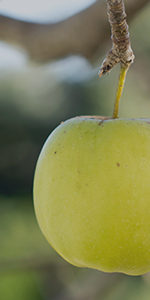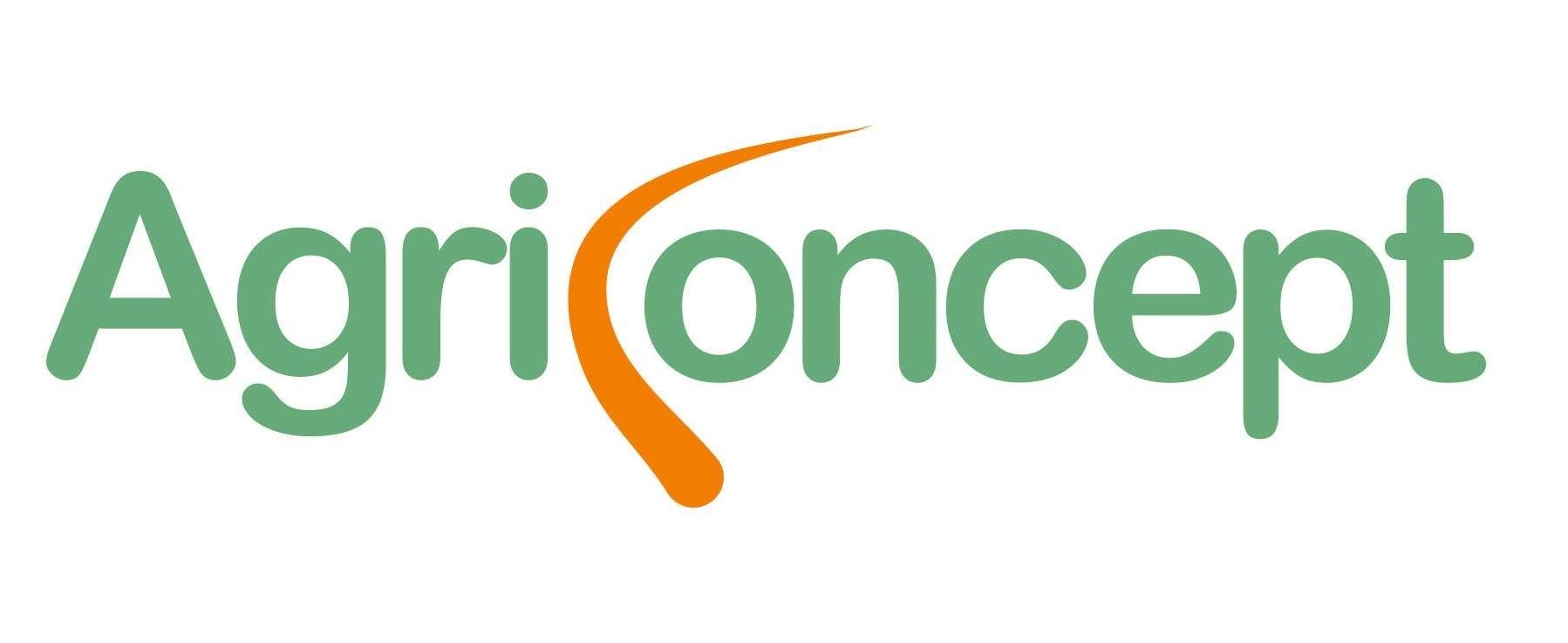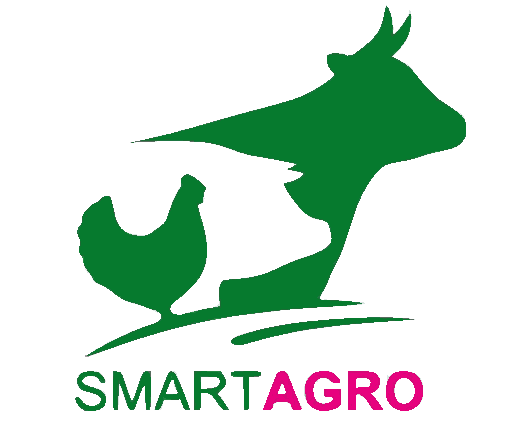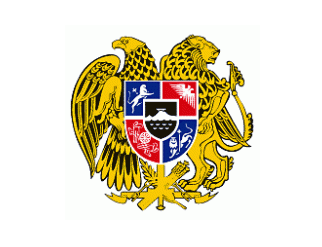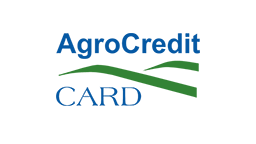
14 Nov 2024
Enhancing Armenia’s Agricultural Sector: Insights from Austria’s AIR Experience
To foster the exchange of expertise, the study visit to Austria was organized by ADA funded Animal Identification and Registration project for representatives of the government officials involved in the “Animal Identification and Registration” project. The visit aims to ensure the project’s continuity and stability through practical learning and collaboration.
The Armenian delegation led by the Deputy Minister of Economy, Mrs. Tatevik Sargsyan visited Austria from October 14 to 18, 2024. Mr. Hovhannes Mkrtchyan from MoE and Mrs. Nazeli Grigoryan from the CARD Foundation were also part of the delegation.
Given the similar geographical characteristics of Austria and Armenia, both being predominantly mountainous with limited arable land, and small farm structure the exchange of agricultural practices between the two countries is precious. These similarities give Armenia a unique opportunity to learn from Austria’s advanced agricultural sector, which prioritizes sustainable and smart farming methods.
During this visit, the Armenian delegation met with Austrian officials at the Federal Ministry of Agriculture, Forestry, Regional, and Water Management. Deputy Minister Mrs. Tatevik Sargsyan and her delegation were welcomed by Deputy Director for Agriculture and Rural Development Mr. Markus Hofner, who presented Austria’s 2023–2027 Agriculture Strategy Plan. Additionally, ministry specialists shared insights into Austria’s current agricultural, environmental, climate change, and subsidy programs.
The delegation also observed the animal identification and registration system managed by “Agrarmarkt Austria.” This system was demonstrated comprehensively, from the initial registration of animals to final tracking and removal, showcasing the technology and processes involved. The visit extended to various Austrian livestock associations, including those for cattle, sheep, goats, poultry, and beekeepers. Here, association representatives detailed their animal identification and registration systems, including an electronic data system that tracks animals, livestock owners, and farms. The delegation also visited the “Phyra” Agricultural School, which provides vocational training to young farmers starting at age 13. This school, spread over 160 hectares, includes facilities for milk processing, cheese production, agricultural machinery, woodworking hubs and laboratories. A modern open barn, equipped with automated feeding, milking, and manure removal systems, houses 300 Fleckvieh dairy cows. Students receive hands-on training across the entire farm-to-fork process.
Lastly, the group visited the Veterinary Department of Lower Austria, where they learned about the structure of Austria’s veterinary system, the electronic veterinary database, and the operation of local small slaughterhouses.
These visits are invaluable in ensuring the effective and sustainable progress of the AIR project in Armenia, building a foundation for long-term agricultural development.

